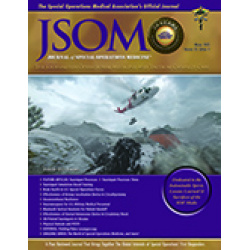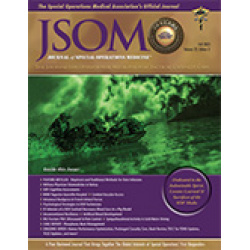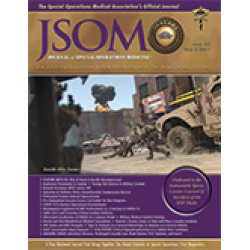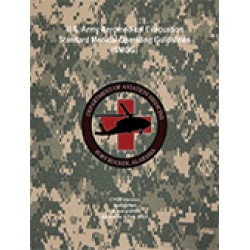Latest Products
Emergency Reflex Action Drills and the Problem with Stress
Zink N, Merelman A, Fisher AD, Lauria MJ 99(5). 58 - 62 (Journal Article)
Clinicians involved in the care of critically ill patients are often exposed to demanding and stressful situations that require immediate action. Evidence suggests that human performance can be significantly diminished when multiple stressors and stimuli are present. Humans have developed conscious and unconscious methods of dealing with this type of cognitive overload in various high-risk occupations, but these coping methods have not necessarily been structured and adapted to the provision of emergency medical care. Emergency reflex action drills (ERADs) are derived from available evidence in specific domains (e.g., airway management) and develop automaticity of critical skills which engender quick, effective, and reproducible performance with minimal cognitive load. These are pre-planned, practiced responses to specific, high-demand and time-sensitive situations. This article outlines the psychological, cognitive, and behavioral effects of stress that affect performance and necessitate development of ERADs. It also reviews the scientific underpinnings behind how humans have adapted cognitive behavioral techniques to manage under high-stress situations. Finally, this article recommends the adoption of these cognitive tactics via ERADs to enhance clinical practice and provides an example in the context of airway management.


 Español
Español 



